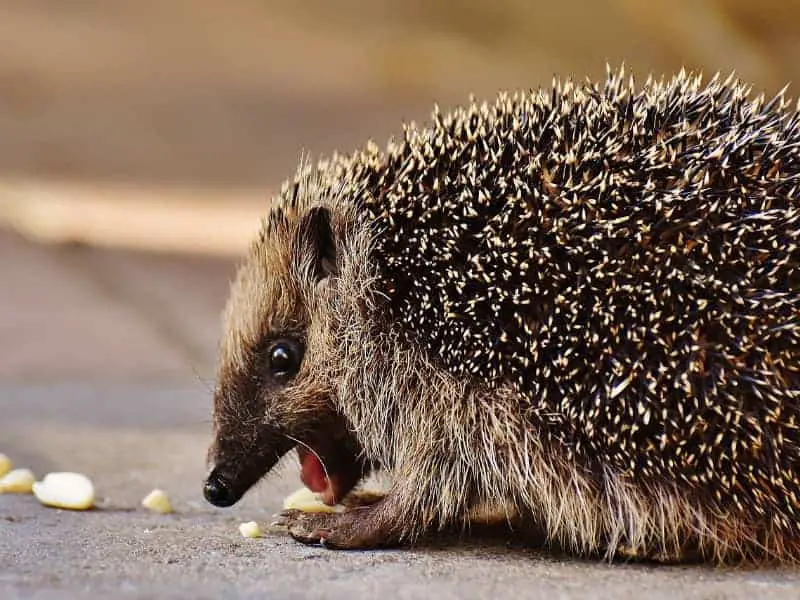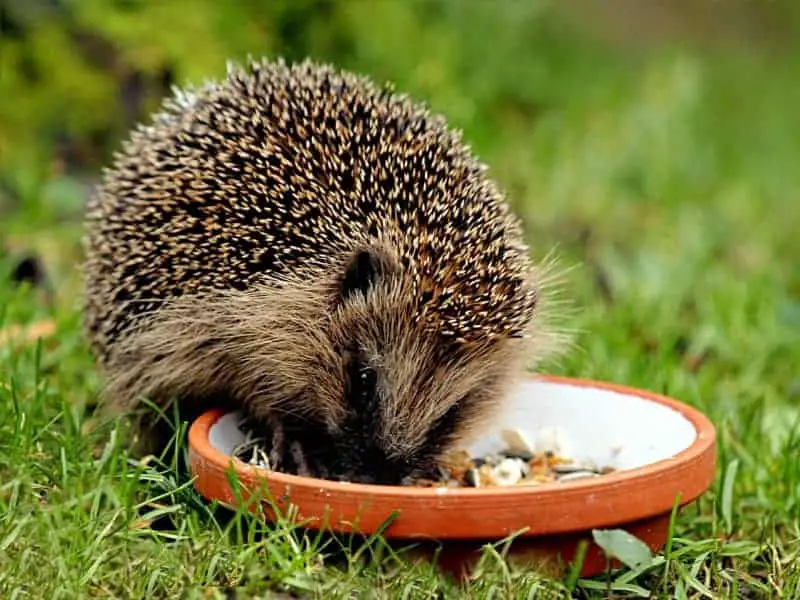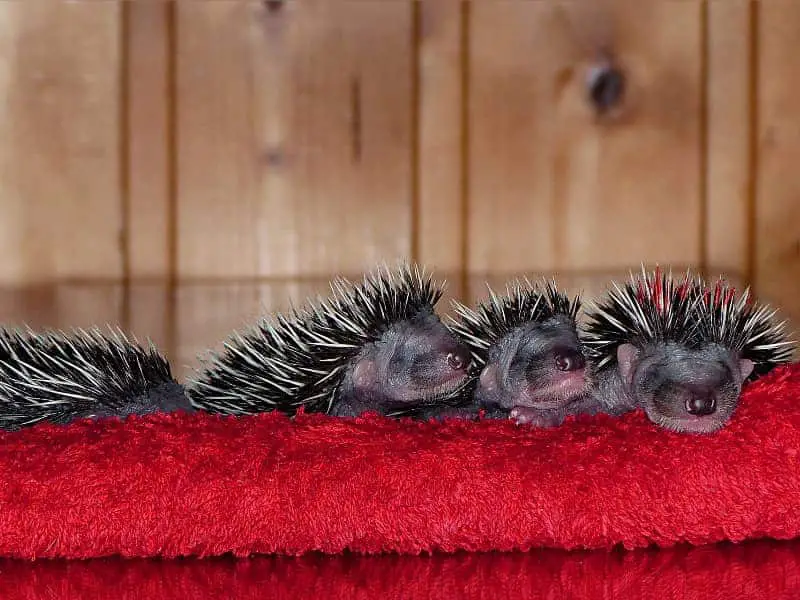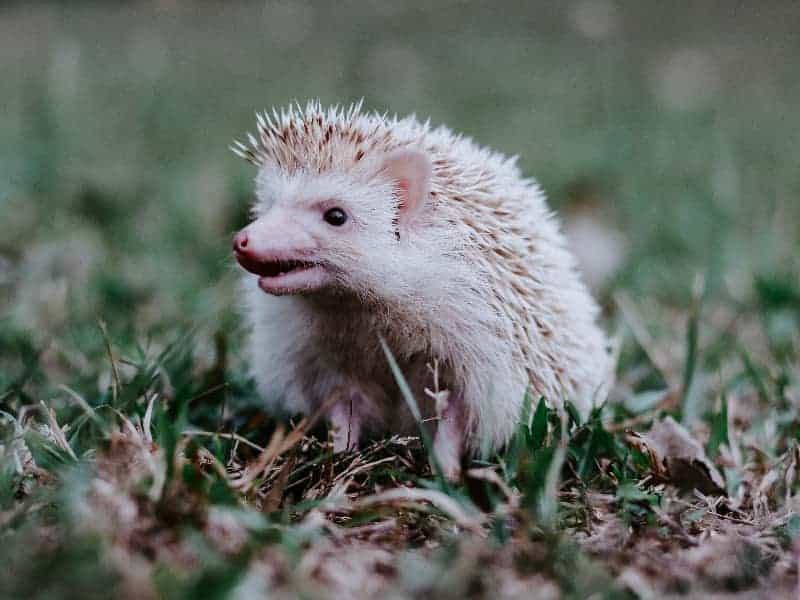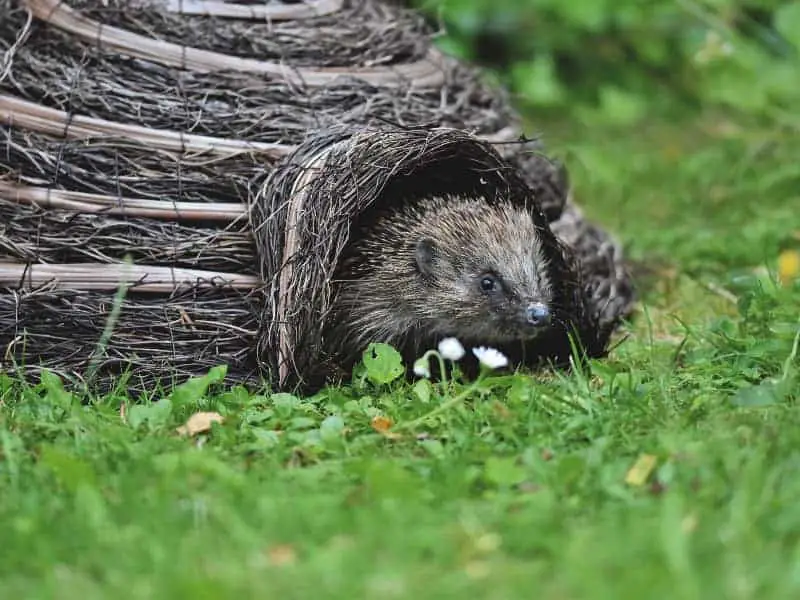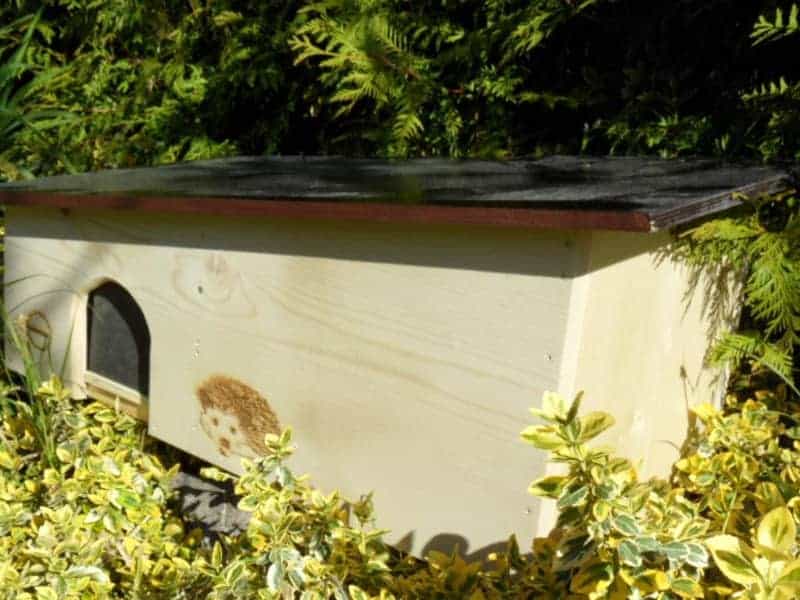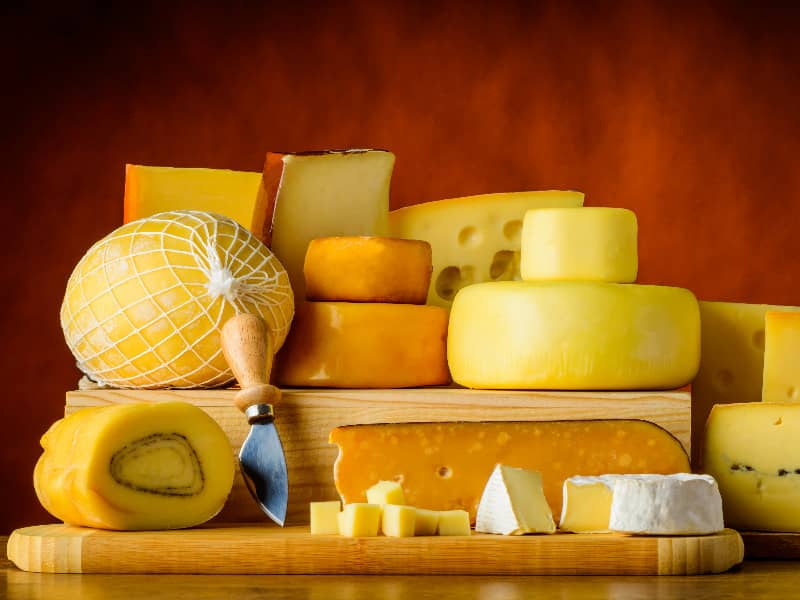
Do hedgehogs eat cheese?
Welcome to the exciting topic that primarily interests children. Do hedgehogs eat cheese? We would like to deal here not only with the cheese and fill this gap in knowledge, but also share what is really a healthy diet for the hedgehog. Because cheese is definitely not. So let us surprise you.
Hedgehog and cheese - certainly not normal
Hedgehogs are usually insectivores that feed on a variety of small animals. In nature, their diet is mainly focused on insects, worms and spiders. These food sources are rich in proteins and provide the hedgehogs with the necessary nutrients to stay healthy.
However, hedgehogs are omnivores, which means they can also feed on plant materials such as fruits and seeds. But it is important to emphasize that animal proteins play a critical role in their diet.
Feeding habits may vary depending on the season. In spring and summer, insects and other small animals are abundant, while in fall and winter, food becomes scarcer. During these colder months Hedgehogs also sometimes feed at abandoned bird feeding spots, which, however, is not ideal.
The importance of a balanced diet for hedgehogs
A balanced diet is of immense importance for hedgehogs, especially considering that they are considered endangered species in many parts of Europe. A poor diet can lead to a number of health problems, including digestive disorders and deficiencies.
A lack of proper nutrients can seriously affect a hedgehog's ability to build up fat reserves for hibernation. It can also weaken their immune system, making them more susceptible to disease. Therefore, it is important that hedgehogs receive a diet rich in the proper nutrients.
It should be recognized that the nutritional needs of hedgehogs in the wild and in human care may be different. In the wild, they have access to a more diverse food palette, while in human care they often have to make do with a limited selection of foods.
Do hedgehogs eat cheese? - Why cheese is problematic
Feeding cheese to hedgehogs can seem like a nice gesture at first glance, but the reality is that it can be problematic for the little prickly critters. Let's take a closer look at why that is.
Lactose intolerance and digestive problems
One of the main reasons cheese is problematic for hedgehogs is because of their lactose intolerance. Hedgehogs cannot digest lactose, the sugar found in dairy products, well.
Feeding cheese can therefore lead to digestive problems such as diarrhea and flatulence. These complaints are not only unpleasant for the hedgehog, but can also lead to dehydration and, in the worst case, to serious health problems.
It is therefore important to keep dairy products such as cheese out of hedgehogs' diets and choose more suitable food options instead.
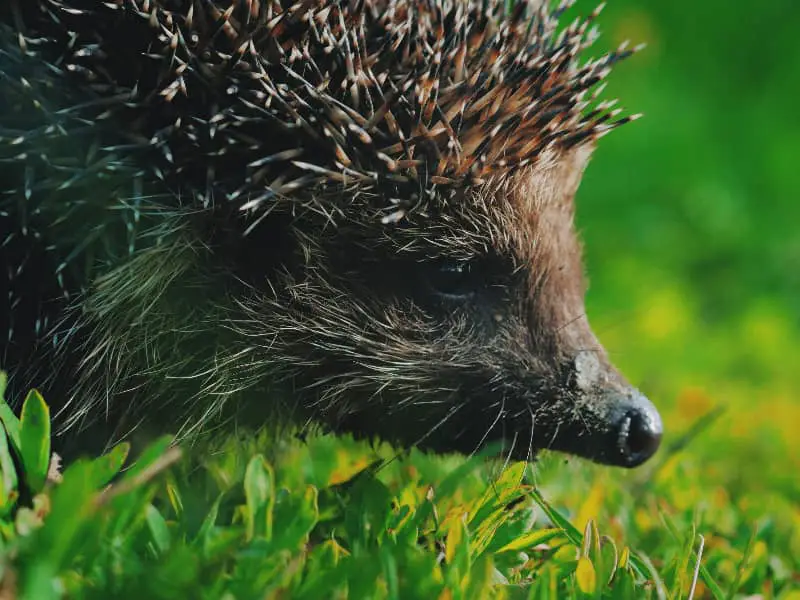
Long-term health effects
The long-term effects of inappropriate feeding such as cheese can be even more serious. A persistent nutritional imbalance can lead to serious health problems, including metabolic disorders and deficiency symptoms.
Cheese intake may also increase the risk of developing obesity and related problems such as cardiovascular disease. Feeding cheese and other foods unsuitable for hedgehogs could thus reduce their life expectancy in the long term.
Knowing that cheese and other dairy products can be harmful to hedgehogs is critical to caring for and protecting these animals. If you really want to help, it is important to learn about the specific nutritional needs of hedgehogs.
Do hedgehogs eat cheese? - Alternatives
It's always a good idea to be aware of what foods are suitable for hedgehogs, especially considering how problematic cheese and other unsuitable foods can be. Here is an overview of safe and healthy alternatives.
Recommended food
If you see a hedgehog in your yard and want to do something good for him, there are a number of foods that are considered safe and nutritious for hedgehogs. These include:
Insects such as mealworms, grasshoppers and crickets are an excellent source of protein. Special hedgehog food available in pet stores is also a good choice. This is specially adapted to the needs of hedgehogs and contains all the necessary nutrients.
In addition to animal proteins, certain fruits and vegetables such as apples and carrots can also be offered in small quantities. However, these should only serve as a supplement to the main diet.
Water is also essential. Make sure there is always a shallow bowl of fresh water available, especially in the hot summer months, to avoid dehydration.
Foods that should be avoided
It is equally important to know which foods do not belong on the diet of hedgehogs. These include all dairy products and foods that contain high amounts of sugar, salt or fat.
Bread is not a good choice either. It offers no nutritional value to hedgehogs and can cause digestive problems. Furthermore, raw meat and fish should be avoided as they may contain parasites that could harm the hedgehog.
Foods with high salt content can be just as harmful. Salty snacks such as chips or salted nuts can lead to dehydration and other health problems and should therefore be avoided.
Conclusion: Do hedgehogs eat cheese?
The question of whether hedgehogs eat cheese may seem trivial at first glance, but it is actually of great importance for the well-being of these small prickly animals. It has been shown that cheese and other dairy products are not only unsuitable for hedgehogs, but can even be harmful.
Hedgehogs are naturally lactose intolerant, and feeding cheese can lead to a variety of health problems, from digestive upset to long-term health problems. Therefore, it is important to correct such misconceptions and choose more suitable feed alternatives.
Fortunately, there are a variety of safe and nutritious foods you can offer a hedgehog. From insects and special hedgehog food to certain fruits and vegetables, there are many ways to provide a balanced diet for these charming animals.
Author

-
Garden animal - A life with nature
Welcome to my animal blog! My name is Dirk and I am happy to take you on my journey through the fascinating world of animals and gardening.
Born 54 years ago, I have had an insatiable curiosity for the animal world around me since childhood. Although I have moved professionally in other industries, my true passion has always been animals and nature. It is remarkable how a small garden has become such an important part of my life.
Many of my fondest memories are associated with the animals that share our home. Whether it's the curious squirrels that scurry across the trees in the morning, the colorful variety of birds that visit our feeders, or the busy bees and butterflies that pollinate our flowers, every moment with them is invaluable to me.
This blog is my contribution to share my experiences, discoveries and insights with like-minded people. Here I will share stories of unforgettable encounters with animals, give tips on gardening and creating wildlife-friendly habitats, and take you on my journeys through nature.
Thank you so much for being here!
Cordial,
Dirk aka garden animal
Last posts
- 27. February 2024PetsVeganes Hundefutter – Grün und Gesund?
- 18. January 2024ChickensOregano für Hühner
- November 27, 2023HamsterDiurnal hamsters
- November 24, 2023HamsterHamster hammock

